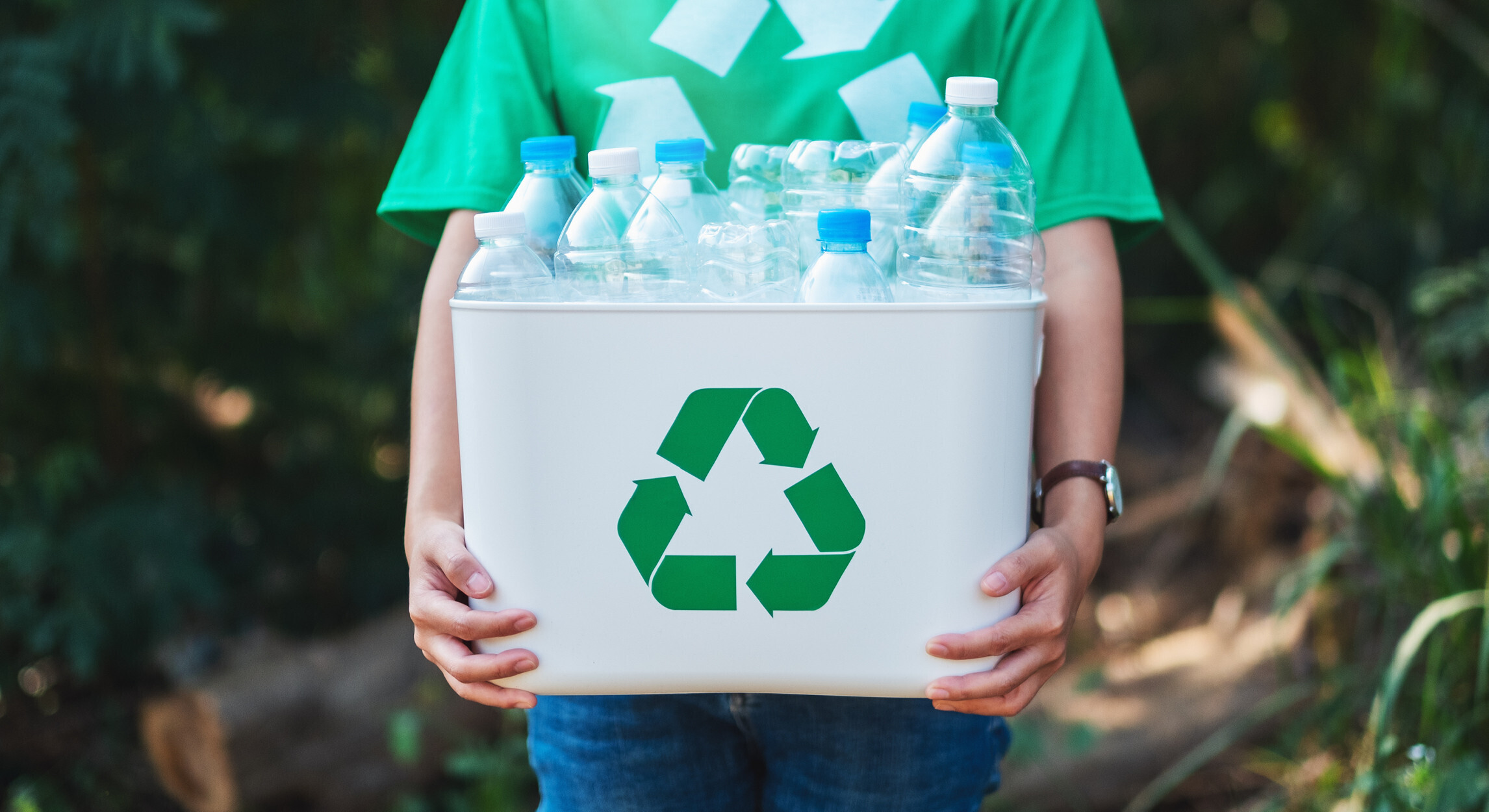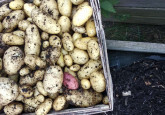Every year in France, economic activities and households produce over 300 million tonnes of waste. This waste has a negative impact on the environment, health and the economy. It consumes natural resources, emits greenhouse gases, pollutes soil and water, and is expensive to treat. To reduce this impact, it's essential to sort your waste properly, so that it can be recycled and recovered. What are the challenges & benefits of waste sorting? What are the best ways to sort your waste? This article provides some answers.
Definition and importance of waste sorting:
Waste sorting involves separating and recovering waste according to its nature and composition, and then directing it towards recycling or recovery channels. Material recovery covers the recovery, reuse, regeneration and recycling of materials extracted from waste. The new materials generated are called "secondary raw materials" or "recycled raw materials". Waste sorting has many advantages, which we will discuss in three areas: environmental, health & economic.
Environmental benefits:
Waste sorting helps preserve the often non-renewable natural resources used to manufacture the products we consume. By recycling waste, we reduce our consumption of raw materials, water and energy. For example, recycling one tonne of paper saves 17 trees, 26,000 liters of water and 4,000 kWh of electricity. Recycling one tonne of plastic saves 830 liters of oil. Recycling one tonne of aluminium saves 95% energy compared to primary aluminium production.
Waste sorting also helps reduce greenhouse gas emissions, which are responsible for global warming. By recycling waste, we avoid landfilling or incinerating it, which are major sources of CO2. Recycling one tonne of glass, for example, avoids the emission of 670 kg of CO2. Recycling one tonne of cardboard avoids 900 kg of CO2 emissions. Recycling one tonne of metal avoids 4 tonnes of CO2 emissions.
Finally, sorting waste also helps limit soil and water pollution, which can have harmful consequences for biodiversity and human health. Recycling reduces the amount of waste sent to landfill or incinerators, where it can release toxic substances such as heavy metals, dioxins and furans. For example, recycling one tonne of batteries prevents 600 kg of heavy metals from being released into the environment. Recycling one tonne of used tires avoids the production of 1.5 tonnes of toxic ash.
Health benefits:
From a health point of view, sorting waste helps protect human health, by avoiding exposure to harmful substances that may be present in certain types of waste, such as medicines, chemicals, batteries, light bulbs or electrical and electronic equipment. These substances can have undesirable effects on the nervous system, hormonal system, immune system or reproductive system. They may also be carcinogenic, mutagenic or teratogenic. Medicines disposed of in toilets or garbage cans can contaminate water, affecting aquatic fauna or the people who drink the water. Chemicals disposed of in garbage cans can react with each other to cause fires, explosions or toxic gas emissions. Batteries discarded in the rubbish can release mercury, cadmium or lead, which are heavy metals hazardous to health.
Waste sorting also helps to protect the health of employees working in waste sorting, recycling and recovery centers. Correct sorting avoids mixing waste that is not compatible, or putting hazardous waste in garbage cans that are not designed for it. For example, putting a battery, a gas bottle or an aerosol can in the yellow garbage can could cause a fire or explosion in the sorting center, and endanger the lives of staff. Putting a chemical product, medication or infectious waste in the green bin can expose agents to the risk of poisoning, infection or injury.
In economic terms, recycling can become a real driving force:
Sorting waste creates value by transforming it into raw materials, products or energy. Indeed, by recycling waste, we can make new objects, such as bottles, cans, bags, clothes, furniture, toys... For example, 27 plastic bottles can be used to make a sweater. 670 aluminum cans can be used to make a bicycle. 80 milk cartons can be used to make a chair. By recovering waste, we can produce energy, such as biogas, electricity or heat. One tonne of organic waste produces 100 m3 of biogas, which can be used for heating, cooking or electricity generation. What's more, one tonne of household waste can produce 500 kWh of electricity or 600 kWh of heat, which can be used for lighting, heating or domestic hot water.
Waste sorting also creates jobs, by developing activities linked to the collection, sorting, recycling and recovery of waste. These activities require skilled workers, who can be recruited locally, and who can benefit from training and career development opportunities. In France, the recycling sector employs more than 30,000 people, and generates sales of over 8 billion euros a year. Waste sorting also helps cut costs, by reducing waste treatment expenses. Indeed, by sorting your waste, you reduce the quantity of waste sent to landfill sites or incinerators, which are costly treatment methods, both financially and environmentally. In France, the average cost of treating a tonne of household waste is 110 euros for landfill, 100 euros for incineration, 50 euros for composting and 10 euros for recycling.
How to sort your waste properly:
To sort your waste properly, you need to comply with the sorting instructions issued by your local authority, which can vary from one area to another. In general, there are three types of garbage can: green for non-recyclable waste, yellow for recyclable waste and brown for organic waste. There are also voluntary collection points for specific types of waste, such as glass, paper, cardboard, textiles, batteries, light bulbs, medicines, etc. Although the number of different garbage cans may seem large, there are websites to help you find your way around. Once you've got the hang of it, there's no stopping you from becoming a perfect sorter! Taking responsibility for waste sorting also means passing on the right gestures to future generations, who will need to preserve our planet more than ever.










